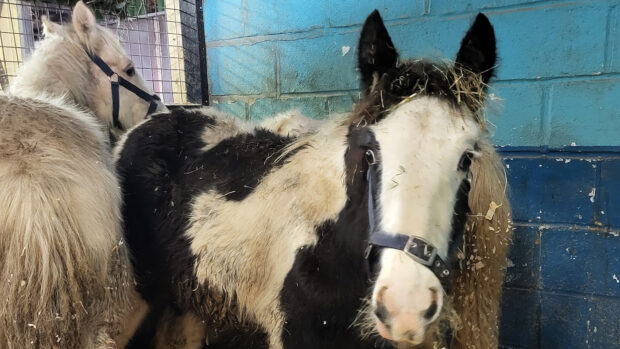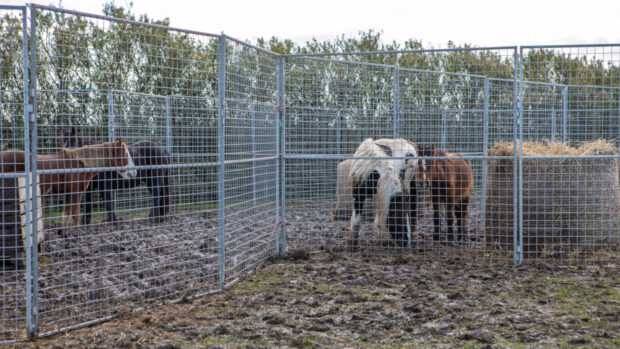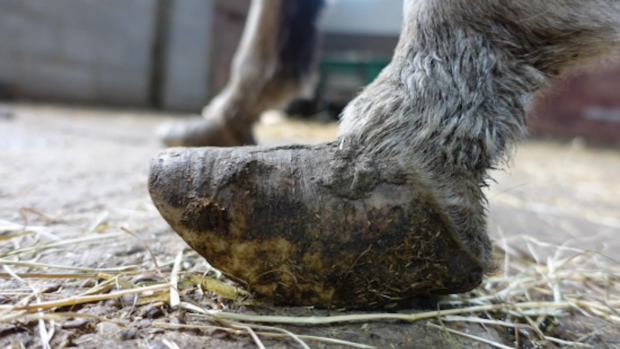The key welfare issues faced by horses in the UK have been quantified in what is being hailed as a “seminal report”.
A four-year study into the priorities for equine welfare was revealed in Westminster yesterday (12 July).
Funded by World Horse Welfare, the study titled Horses In Our Hands, was carried out by researchers at the University of Bristol.
The priorities were identified as: unresolved stress/pain behaviour; inappropriate nutrition; inappropriate stabling/turnout; and delayed death.
“This report has been a seminal work,” said World Horse Welfare chief executive Roly Owers at the launch.
“This is the first time this type of work has ever been done.
“The responsibility is on all of us to make a difference. In a few years we have to come back to this very place and say ‘we really did make a difference’.”
The aim of the study was to understand the welfare status of horses in England and Wales, identify priority welfare issues and look at owner and industry experts’ perceptions of these issues.
Researchers carried out interviews with people who had day-to-day contact with horses. These included owners, vets, grooms, farriers and trainers.
A total of 52 welfare issues were identified — 40 specific problems, such as internal parasites and poorly fitting tack; and 12 broader issues, ranging from inappropriate routine to abandonment.
Three rounds of consultation were then undertaken with 20 industry experts and 10 further issues were added to the list.
The experts then assessed all the problems and came up with the four welfare priority areas.
Further research was carried out into why each of these problems arises and the report concludes with suggestions of how to address these welfare priorities and improve the lives of horses in the UK.
Popular articles:
- Cob rescued from railway line heads to HOYS
- Update: pony found tangled in bike two months on
- ‘Wicked, dangerous and criminal’: two horse dealers and vet sent to prison
Dr Siobhan Mullan, research fellow in animal welfare science, ethics and law at the University of Bristol, was one of the authors of the report.
“By identifying the most important welfare issues, future efforts to improve equine welfare can be strategic and targeted,” she said.
“The common goal shared by everyone who took part in the research is to improve the lives of horses.”
Find out more in next week’s issue of Horse & Hound, out 21 July





